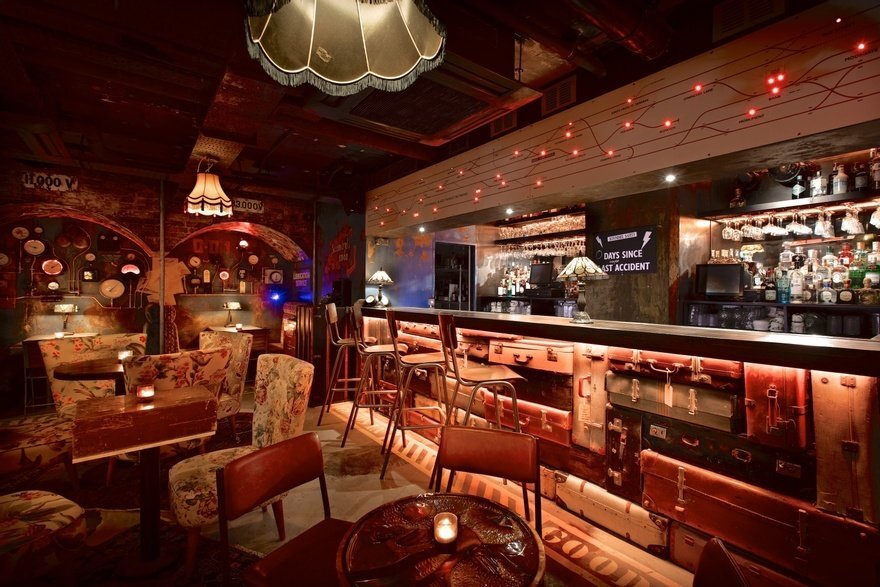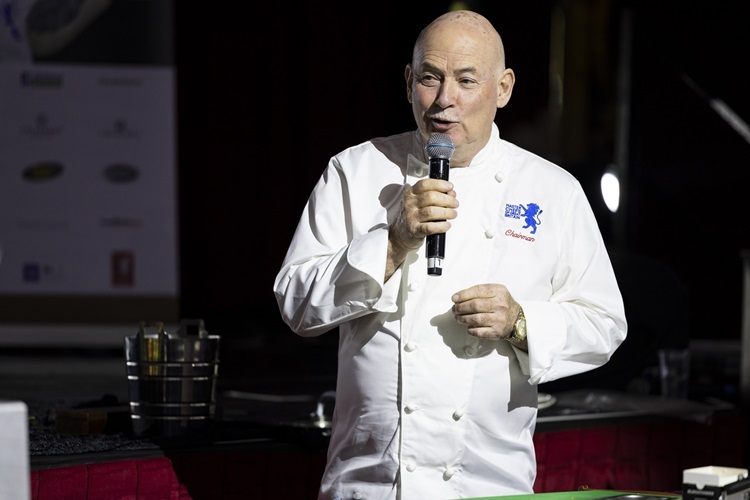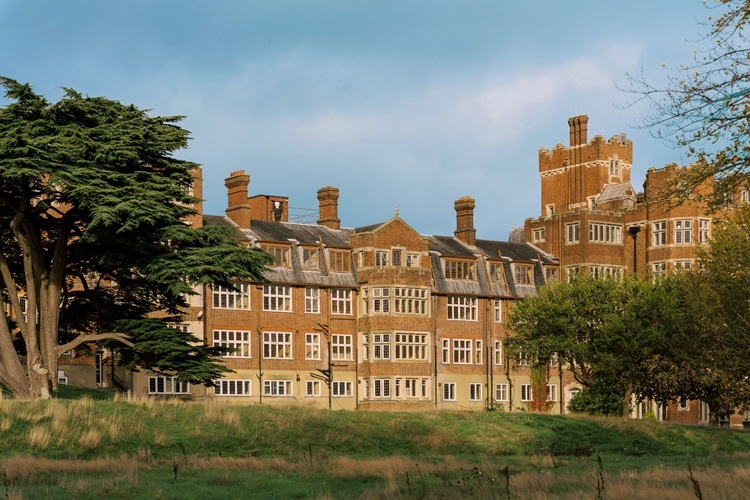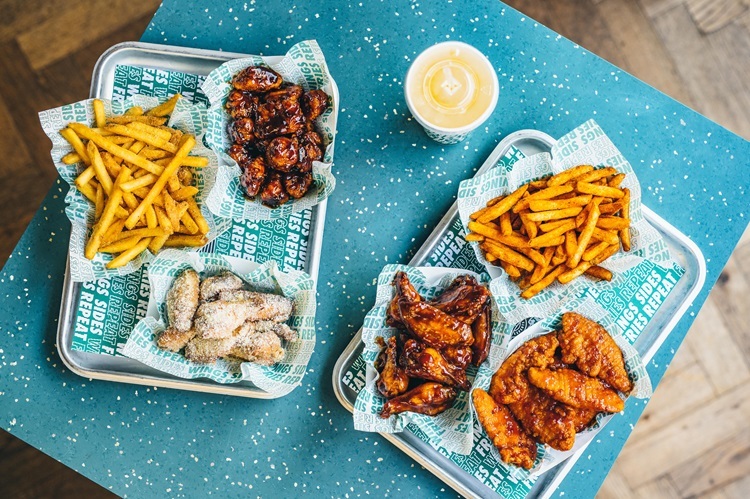Restaurants and bars offer discounts to attract customers during rail strikes
Restaurants and bars across London are offering “strike steaks” and complimentary drinks to entice customers during the upcoming tube and rail strikes.
London Underground workers at three unions will stage a walk-out between 23 and 28 July amid a dispute over pensions, jobs, and conditions.
Rail strikes are also due to take place on 20, 22 and 29 July, while drivers’ union Aslef will refuse to work overtime for six days from 31 July.
In a bid to attract customers, Hawksmoor said it will be serving £15 steak frites – dubbed “strike steaks” – between 20 and 31 July (excluding Sundays) and “every rail/tube strike day for the foreseeable future”.
A spokesperson for the steakhouse said: “[Hawksmoor] won’t make any money out of it, but it should help keep their restaurants – and their hard-working teams – busy and hopefully give people a reason to come into town and make a day of it.”
Inception Group’s Cahoots (pictured), a 1940s tube station-themed bar in London’s Carnaby, will also be offering guests a complimentary welcome drink with their first order between 20 and 29 July.
Disgruntled travellers will be served the “strike sipper”, a combination of Finca Valero Macabeo white wine and lemon thyme, mint and fennel cordial.
Charlie Gilkes, co-founder of Inception Group, said: "We know that the strikes will have a massive effect on Londoners, so we wanted to provide a little sweetener on their commutes. As Cahoots is modelled on a disused underground station, we are highlighting that this immersive bar is the only part of the underground network operating as normal in London next week."
Heliot Steak House in Leicester Square announced it will be giving customers a complimentary bottle of single vineyard Argento Malbec when people order two main courses during the strike days.
Salvatore Russo, general manager and head of wine at Heliot Steak House, added: “We are doing our best to minimize the financial impact on our team. We reimburse £25 for taxi journeys to help employees get to work and £25 parking reimbursement if a team member decides to drive in.”
Meanwhile, Blank Street coffee shop has launched a nationwide Cold Brew Hotline between 17 and 28 July, a system that will deliver free cups of cold brew to those who are unable to travel.
Ignacio Llado, UK managing director at Blank Street, said: “We know that spirits may be down at the moment, with rain and travel troubles leading to a host of cancelled plans. At Blank Street, we’re all about providing a pick-me-up to your day. This is why we’ve launched the Cold Brew Hotline, to hand deliver fresh cold brew to those in need of a little boost.”
Struggles with trade
However, Niaz Caan, executive chef at City Spice in London’s Brick Lane, warned such initiatives could only go so far. Over the past year of strikes, he has already tried using social media, video promotions and offering discounts to draw customers in.
“We run 25% discounts on the day of tube strikes, but we found these discounts only really apply to locals who would come anyway,” he said.
“The issue with the tube strike is it’s not in our hands. If people can’t come to your restaurant, you can’t encourage people to drive.
“I’ve reduced my staffing rota to keep the cashflow positive. That is not good because it’s less income for the staff and it’s less income for the restaurant. I can’t keep sustaining it.”
Caan has already had several last-minute cancellations due to the strikes, including the loss of a corporate booking, which would have been for up to 80 covers. “They’ve postponed, so that’s not good because you’ve prepped staff and chef patterns,” he added.
“Customers don’t come until after the train strike is finished, I don’t think I’m the only one experiencing this.”
Tristan Moffat, operations director at London-based live music venue the Piano Works, revealed the business has lost £800,000 in revenue as a result of industrial action over the past year.
“Our West End site has lost £395,000 in the last 12 months, while Piano Works Farringdon has lost £404,000. On an unimpacted Saturday, we will turn capacity [of 400] three and a half times, so we will go up to 1,500 people through the door, but when you have a strike, that 1,200 to 1,500 people turns to 600,” he said.
Summer strikes are particularly “horrendous” for the business, as trade tends to be 15 to 20% lower than normal.
Moffat added: “I don’t know how businesses can afford to discount. It will be nice to do that, but we can’t afford it after we sustained £800,000 in lost sales.”
UKHospitality estimated the cumulative impact of rail strikes since last autumn has cost the industry upwards of £3.25b.
















